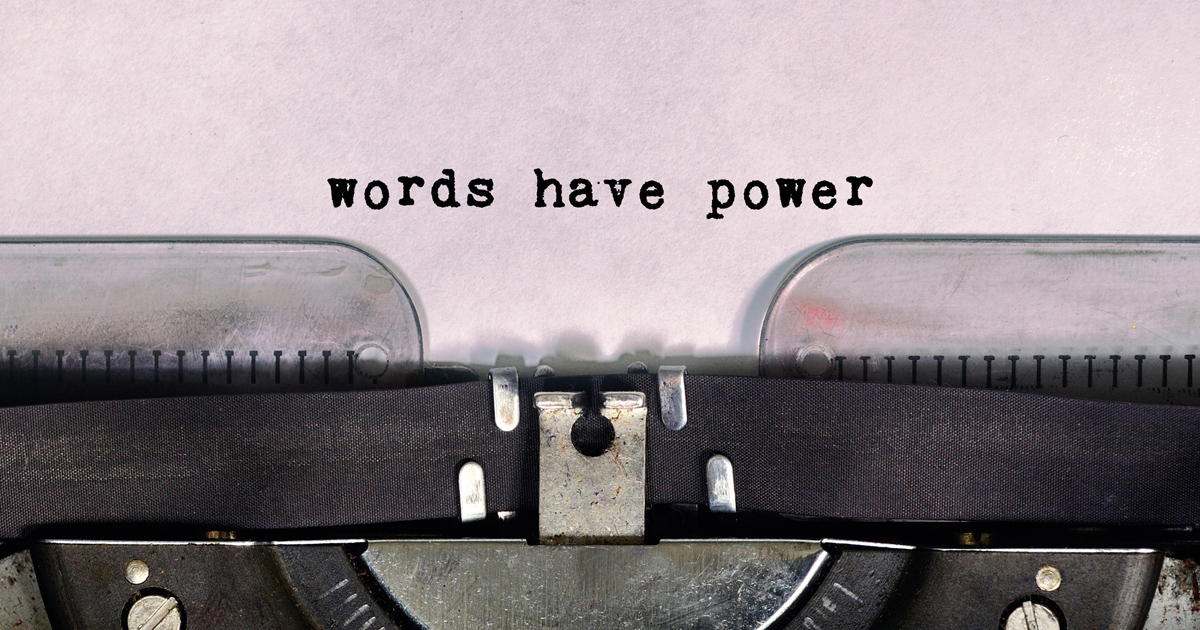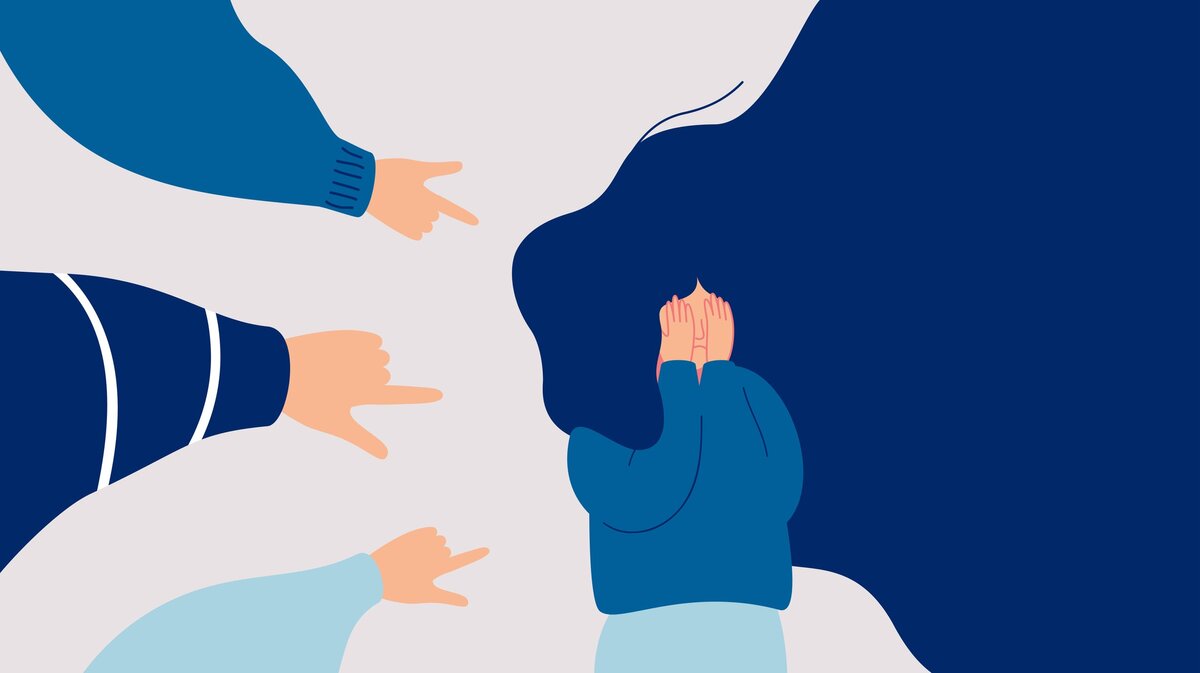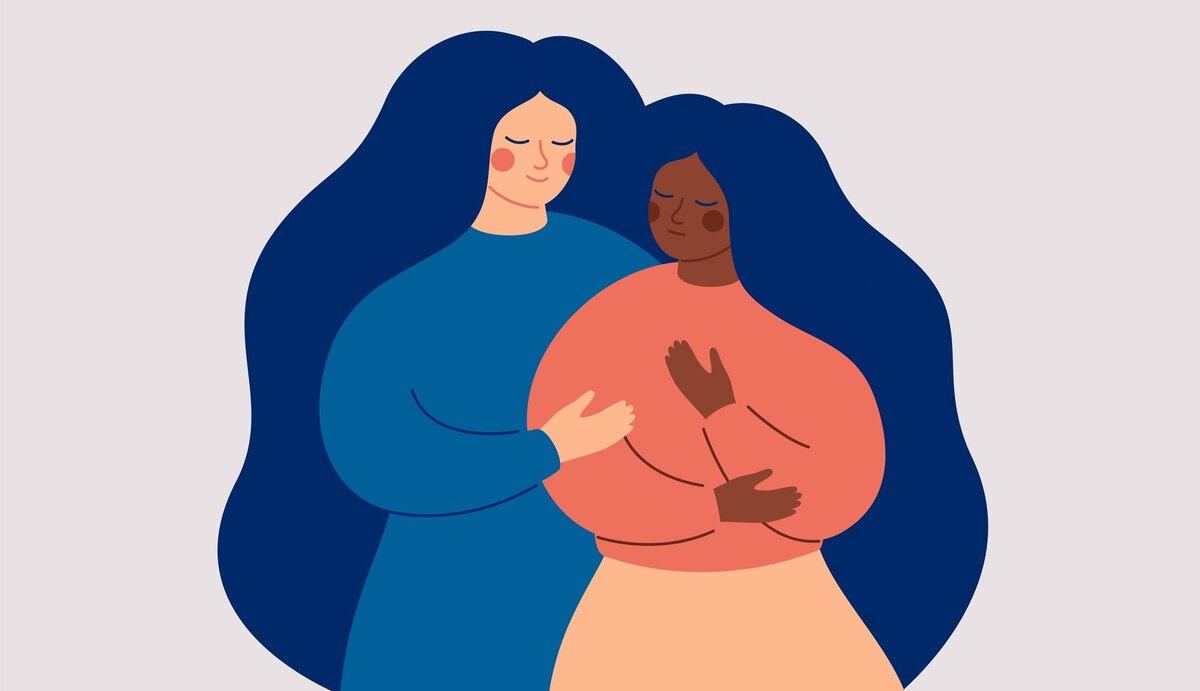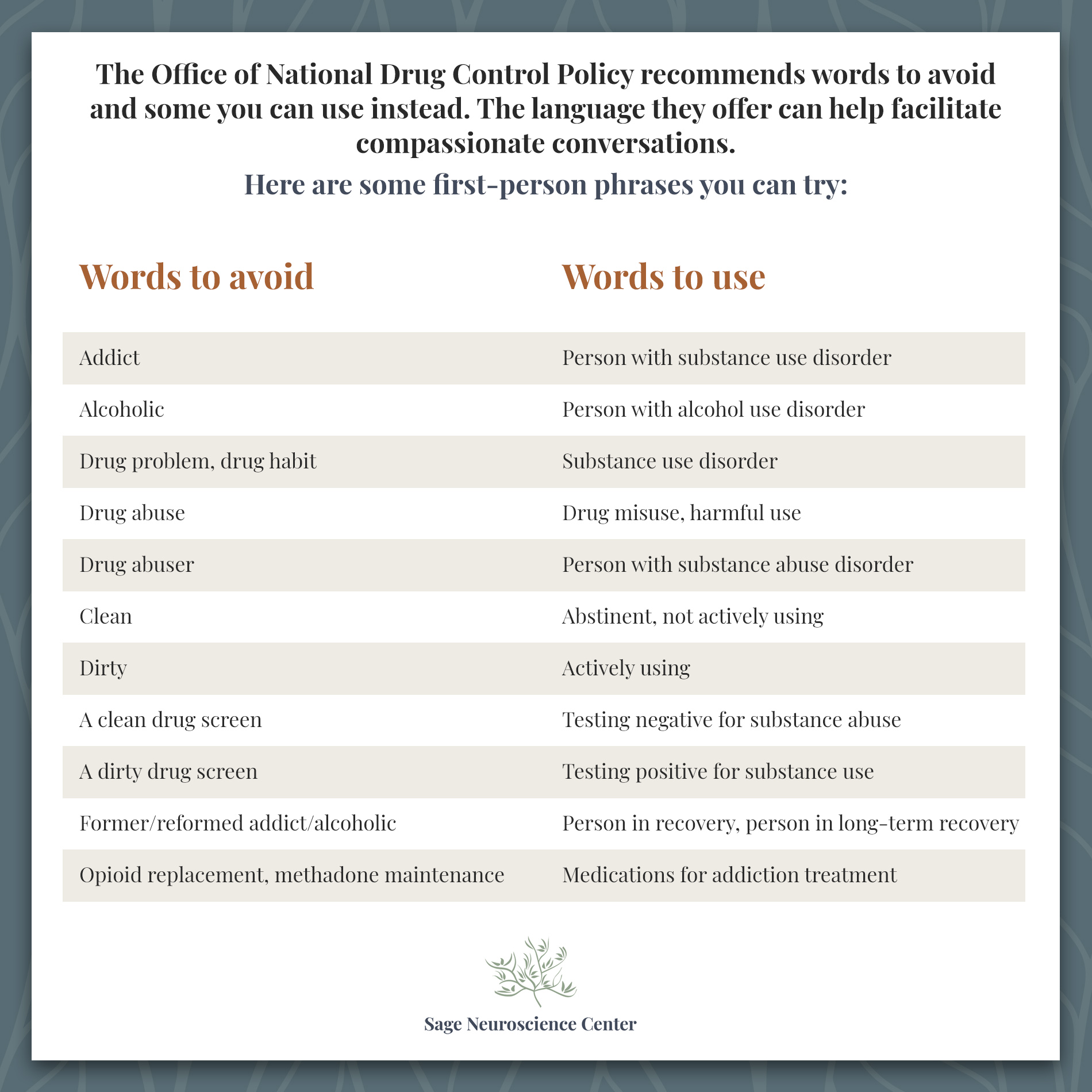 Photo from Getty Images
Photo from Getty Images
Originally Posted On: Stigma Reducing Language for Substance Use Disorders – Sage Neuroscience Center (sageclinic.org)
The adage “sticks and stones may break my bones, but words will never harm me,” is often wrong, especially when it is in the vein of mental health. It might be a surprise to learn, but substance abuse disorder (SUD) is a legitimate mental illness in the Diagnostic and Statistical Manual of Mental Disorders, 5th (and most current) edition. Society paints those with substance use disorder as addicts and junkies. The world of psychology sees them differently—unwell people who need help and compassion, not disdain and ridicule.
Addiction or Substance Use Disorder?
Addiction in and of itself has zero limitations, and it does not discriminate against who it affects. It is very much a disease like a heart disorder or kidney disease and can target anyone at any time. Thankfully, like heart or kidney disease, there are treatments to help alleviate its symptoms.
Addiction in and of itself is a scientific word to describe a disease, but unfortunately, it, too, has been used improperly and now has a negative connotation in everyday language to those ignorant of its actual scientific roots.
The Words We Use Count
“Addict” is a nomenclature those in health care try to stay away from when speaking about those with substance use disorder, for myriad reasons. For one thing, the word “addict” has acquired negative stigma by being tied to other insulting descriptions.
Addict, junkie, meth-head, tweaker, pothead, doper, burnout, drug fiend, druggie, user, space cadet, etc., are all words used in the Thesaurus.com entry “drug addict.” What this means is every time you use the phrase “drug addict” or “substance abuser,” you are unknowingly tying the person you are referring to with the negative names you probably would not use to describe them. Unless you aim to harm a person suffering from substance use disorder, knowing what “drug addict” is synonymous with might surprise and appall you. If it does, you are well on your way to learning how to break your habit of inadvertently harming those with SUDs.
When the Name of the Disease Becomes an Insult
 Photo from Getty Images
Photo from Getty Images
While addiction is a disease, much like a heart condition or depression, it has taken on a life of its own outside its scientific definition and has metamorphosed into an insult. When someone with SUD is ridiculed and stigmatized as someone who is hopeless, they feel that exact way. This makes them less likely to seek help, unable to face the shame the term “addiction” or “addict” engenders.
Unlike movies and TV shows that negatively depict those struggling with SUD, those with it are not villains or bad people. Calling someone with diabetes a diabetic can be just as harmful because it presupposes that their diabetic condition is the whole of who they are as a person, which is not the case. “Addict” is not a personality trait.
What Is Substance Use Disorder?
Substance use disorder (SUD), as stated above, is in the DSM-5, the reference guide all mental health care professionals use in diagnosing certain diseases and maladies in people.
There is a standard for each disease listed and subsections for even more specific diagnoses in this manual. The more specific a diagnosis, the easier it is to find an effective treatment or therapy to work for the person afflicted.
What Exactly Is a “Substance?”
A substance is defined in the DSM-5 as one of 10 different classes of drugs:
- Caffeine—coffee, stimulant pills, et cetera.
- Cannabis—marijuana.
- Hallucinogens—such as LSD and PCP.
- Opioids—often prescribed by a doctor to treat a chronic pain issue.
- Inhalants—for instance, household items such as paint that can be “huffed” or inhaled to produce a high.
- Sedatives—anything used to promote or induce sleep.
- Hypnotics.
- Stimulants—cocaine and methamphetamine (aka “meth”).
- Tobacco—especially when coupled with nicotine, a highly dependency-inducing substance.
- Other unknown substances—this category encompasses drugs that have not yet been discovered, or their effects are unknown at this time but might set off SUD in a person.
However, simply having a cup of coffee in the morning or smoking a cigarette is no reason to check oneself or a loved one into a rehabilitation/healing center for SUD. To truly know if one has SUD, a licensed medical professional’s diagnosis is important and necessary. There are guidelines for those who wonder if they or a loved one might be afflicted with SUD.
SUD Criteria
- Yearning to ingest/use the substance.
- Wishing to cease use but not being able to do so.
- Ingesting/using the substance in amounts larger than intended or for a longer time than intended.
- Abandoning other aspects of your life due to substance use.
- Using the substance even though it is negatively affecting your relationships.
- Continuing to use the substance even if it harms your health/well-being.
What Factors Influence Stigma?
When exploring what factors influence stigma, the answer is simple: We do.
When we use specific phrases or descriptions for ailments, we can positively or negatively affect the outcome of a situation, and the choice is up to us which road we choose. For instance, using “crazy” to describe someone who suffers from schizophrenia is not helpful to them in the least, and the signal-boosting in media (TV, news, music) only exacerbates the situation.
Words Can Trigger Action
A person who knew nothing of schizophrenia outside the erroneous impression of people with schizophrenia as “unhinged” or “insane the media might treat someone afflicted with schizophrenia differently and even unkindly. This creates a ripple effect where that person who has schizophrenia through no fault of their own might elect to harm themselves or others as a reaction, further perpetuating the “crazy” stereotype.
For instance, if you had broken your leg in an accident, you would expect (rightly) that people would be sympathetic to your pain and the struggles you face while you navigate crutches or other mobility aids like wheelchairs. You would not enjoy someone telling you to “get over it” or “stop being lazy” and urge you to get off your crutches before your doctor recommended.
Let’s even go a little bit further from that—say you had to take opioids to suppress the pain your leg feels as it is healing after surgery. While taking this drug, prescribed by your doctor, you develop a dependency on it (which is a common occurrence with those with chronic pain). While fighting against the withdrawal symptoms after your prescription for the opioids runs out, you try to alleviate the pain and the associated withdrawal symptoms by buying it illegally. This does not make you a bad person or a “scumbag” but rather someone with SUD in need of help.
In recognizing that you cannot fight this battle against dependency on your own, you go to a doctor specializing in SUD treatments. Now, imagine someone in your family found out you were having these issues and, in turn, called you an “addict.” Would you not, then, feel shame or hopelessness in the face of such stigmatized language? Would it be harder to get help after being labeled so harshly when you have SUD through no fault of your own?
That is why language matters when describing a person with SUD and why words have a tremendous amount of weight and power.
Revising the Language of Addiction
The DSM-5 and medical health care professionals were the first lines of action against the negative stigma associated with words like “addict” and “addiction,” and they rose to the challenge, providing many different but still scientific alternatives to commonly used phrases in language that had been extremely harmful to the SUD community.
The next step is to get the rest of the population on board, as it were. Thankfully, many different organizations in the public discourse are on board with the language change to destigmatize substance use and mental health disorders. One of these organizations is the AP Stylebook.
The AP Stylebook is to journalists what the DSM-5 is to mental health care professionals. They use it every day for various situations in their work; making this change in language is a major victory for those suffering from SUD and the people in their lives.
While seemingly small to the casual observer, these changes can affect real change in our society and how people see those who are afflicted with SUD. A huge boon to the movement of taking out the negative stigmatization starts with us, though.
How Can We Reduce Stigma Around Mental Health?
 Photo from Getty Images
Photo from Getty Images
When you tell people to stop using certain words or phrases, often you might be met with push-back. People generally do not want to be told what to do or how to do it, especially when it comes to language or speech, especially in the age of political correctness
While as American citizens, we should honor and appreciate the First Amendment of the Constitution, it isn’t an order from the government to stop using speech but rather a plea from those afflicted, those who love them, and health care professionals—all fighting against this harmful and often deadly disease.
It Isn’t Political Correctness, It’s Empathy
While it might seem contrary to one’s American rights to free speech, it isn’t about compelling or policing speech or even about politeness or “political correctness” as it is about empathy and compassion. If you knew calling someone an “addict” versus using the phrase “person suffering from substance abuse disorder” might help them feel less targeted and get help, would you not use the alternative? We don’t always know how our words will affect those around us, nor are we legally or morally responsible for the actions of others, but it costs absolutely nothing to be kind to a person when given a choice.
The Office of National Drug Control Policy recommends words to avoid and some you can use instead. The language they offer can help facilitate compassionate conversations. Here are some first-person phrases you can try:

Equipped with this new knowledge and fresh perspective on how the world views those fighting SUD, you are in a unique position to do something simple and small that can have a profound effect. One phrase can change the face of fighting against the real enemy, which is not those afflicted by the disease of addiction but rather the disease itself. We encourage you to become soldiers in this battle with us to help beat this disease once and for all.
Learn More About Substance Abuse Treatment With Sage

For further information on ways you can help yourself or a loved one who might be afflicted click to our substance use disorder overview page here. We offer various levels of rehabilitation services to meet you where you are. From medically supervised detox to aftercare groups, our goal is to find what works for you and support you along your journey to a healthier you!
Please reach out if we can help. We are waiting for the opportunity to fight with you and help you win against SUD.